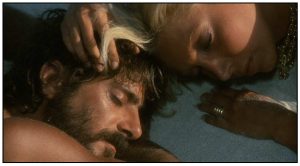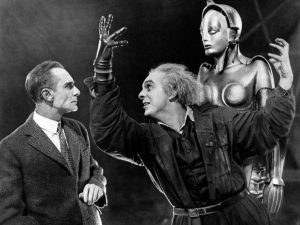 Richard Linklater’s latest film, Nouvelle Vague, premiered at the 2025 Cannes Film Festival, marking the director’s first French-language feature. Shot in black and white and entirely in French, the film is a dramatized account of the making of Jean-Luc Godard’s landmark 1960 film Breathless.
Richard Linklater’s latest film, Nouvelle Vague, premiered at the 2025 Cannes Film Festival, marking the director’s first French-language feature. Shot in black and white and entirely in French, the film is a dramatized account of the making of Jean-Luc Godard’s landmark 1960 film Breathless.
Nouvelle Vague reconstructs the early days of the French New Wave through the lens of Godard’s directorial process, using a cast of mostly new French actors to mirror the spirit of the movement. Guillaume Marbeck plays Godard in his feature debut, alongside Zoey Deutch as Jean Seberg and Aubry Dullin as Jean-Paul Belmondo. Additional cast members include Paolo Luka Noé, Alix Bénézech, and Jade Phan-Gia.
The film is co-written by Linklater with Vince Palmo, Michèle Halberstadt, Laetitia Masson, and Holly Gent, with cinematography by David Chambille. International sales are being handled by Goodfellas. The project follows Linklater’s other recent 2025 release, Blue Moon, which premiered at the Berlin Film Festival.
The teaser trailer, now released, offers a stylized preview of Nouvelle Vague, combining footage with a French voiceover listing key elements of the story: “A pretty boy. A pretty girl. Paris 1959. A gym. A director. A camera…”
The film is expected to be released in theaters on October 8.
Watch the teaser trailer for Nouvelle Vague below:










